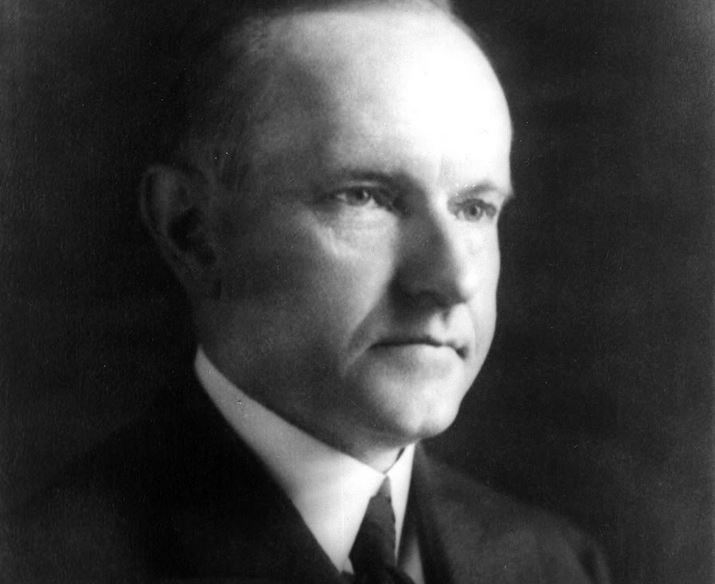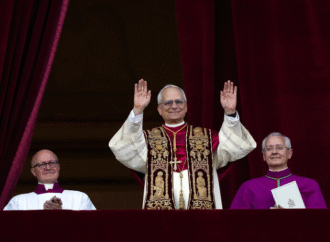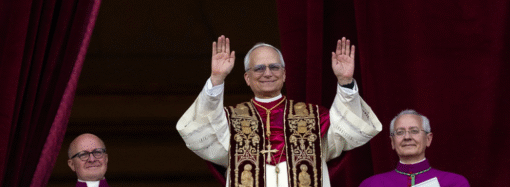Calvin Coolidge became the 30th president of the United States in 1923, after the death of President Harding. Prior to being the vice president under President Harding, Coolidge had also served as governor of Massachusetts as well as in a variety of other government positions. Interestingly, despite earning the nickname of “Silent Cal” for his lack of verbosity, he was actually the first president to address the nation via radio.
Have Faith in Massachusetts is one of his most famous addresses, which he gave in 1914 upon accepting the nomination to become the president of the Massachusetts Senate. Below are a few quotations from that speech, full of wisdom applicable even today.
- “This Commonwealth is one. We are all members of one body. The welfare of the weakest and the welfare of the most powerful are inseparably bound together. Industry cannot flourish if labor languish. Transportation cannot prosper if manufactures decline. The general welfare cannot be provided for in any one act, but it is well to remember that the benefit of one is the benefit of all, and the neglect of one is the neglect of all. The suspension of one man’s dividends is the suspension of another man’s pay envelope.”
- “Men do not make laws. They do but discover them. Laws must be justified by something more than the will of the majority. They must rest on the eternal foundation of righteousness. That state is most fortunate in its form of government which has the aptest instruments for the discovery of laws. The latest, most modern, nearest perfect system that statesmanship has devised is representative government. Its weakness is the weakness of us imperfect beings who administer it.”
- “The people cannot look to legislation generally for success. Industry, thrift, character, are not conferred by act or resolve. Government cannot relieve from toil. It can provide no substitute for the rewards of service. It can, of course, care for the defective and recognize distinguished merit. The normal must care for themselves. Self-government means self-support.”
- “Do the day’s work. If it be to protect the rights of the weak, whoever objects, do it. If it be to help a powerful corporation better to serve the people, whatever the opposition, do that. Expect to be called a stand-patter, but don’t be a stand-patter. Expect to be called a demagogue, but don’t be a demagogue. Don’t hesitate to be as revolutionary as science. Don’t hesitate to be as reactionary as the multiplication table. Don’t expect to build up the weak by pulling down the strong. Don’t hurry to legislate.”
- “Statutes must appeal to more than material welfare. Wages won’t satisfy, be they never so large. Nor house; nor lands; nor coupons, though they fall thick as the leaves of autumn. Man has a spiritual nature. Touch it, and it must respond as the magnet responds to the pole. To that, not to selfishness, let the laws of the Commonwealth appeal. Recognize the immortal worth and dignity of man.”
















Leave a Comment
Your email address will not be published. Required fields are marked with *